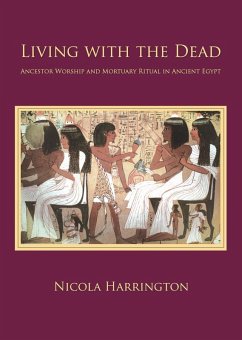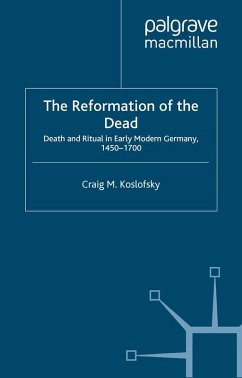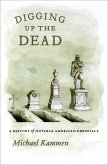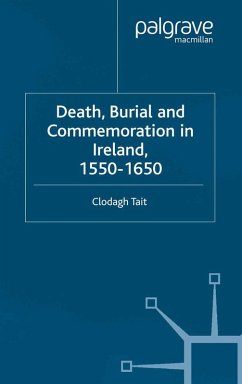Living with the Dead presents a detailed analysis of ancestor worship in Egypt, using a diverse range of material, both archaeological and anthropological, to examine the relationship between the living and the dead. Iconography and terminology associated with the deceased reveal indistinct differences between the blessedness and malevolence and that the potent spirit of the dead required constant propitiation in the form of worship and offerings. A range of evidence is presented for mortuary cults that were in operation throughout Egyptian history and for the various places, such as the house, shrines, chapels and tomb doorways, where the living could interact with the dead. The private statue cult, where images of individuals were venerated as intermediaries between people and the Gods is also discussed. Collective gatherings and ritual feasting accompanied the burial rites with separate, mortuary banquets serving to maintain ongoing ritual practices focusing on the deceased. Something of a contradiction in attitudes is expressed in the evidence for tomb robbery, the reuse of tombs and funerary equipment and the ways in which communities dealt with the death and burial of children and others on the fringe of society. This significant study furthers our understanding of the complex relationship the ancient Egyptians had with death and with their ancestors; both recently departed and those in the distant past.
Dieser Download kann aus rechtlichen Gründen nur mit Rechnungsadresse in A, B, BG, CY, CZ, D, DK, EW, E, FIN, F, GR, HR, H, IRL, I, LT, L, LR, M, NL, PL, P, R, S, SLO, SK ausgeliefert werden.









